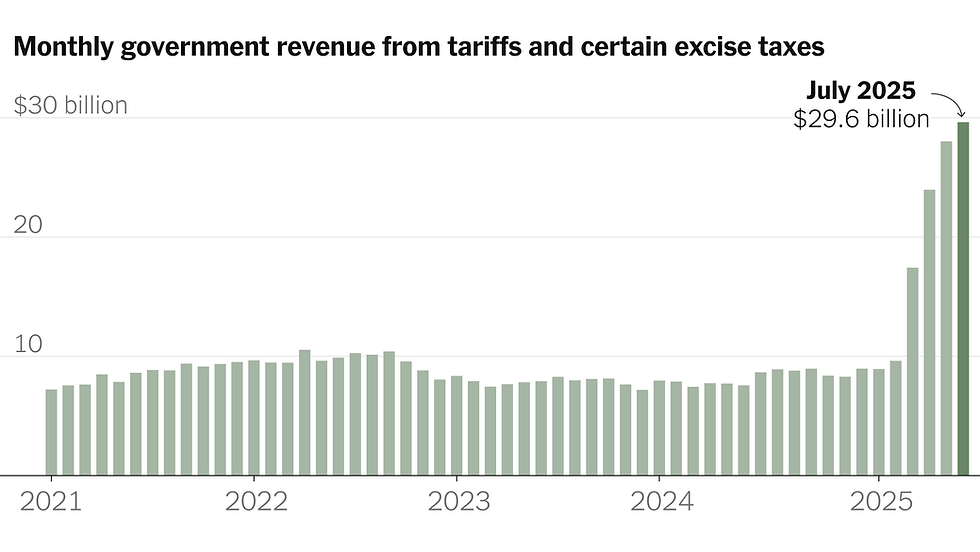Cross border Capital Real or A Mirage ?
- Sameer Kalra
- Jan 14, 2022
- 1 min read
Let us start with an example, Petrobras has a subsidiary in the Netherlands and that company raises funds via bonds and transfers those funds to the parent company. Will such a transaction be classified as Foreign Investment? The answer is yes. This brings us to the problem that we face on accounting for actual cross-border capital flow that makes up the actual parameter of economic attraction.
But like the example given many such transfers from shell companies based in tax havens make a part of total Foreign Investment. As per technical nature yes it is but in the true sense it is just a regular within-group transfer.
Now, why is this a problem? It is a major issue as many corporates have used this way to bring low-cost funds to the home company and give investors the satisfaction of high yield. For example, an American high yield bond yield is lower than the government 10yr bond yield pre-lockdown era. This has resulted in a wild goose chase in the past two years and might have created a bubble.
Now that inflation has resulted in all central banks reversing liquidity the impact will be felt over the next six months as the currencies, yields, and to some level delinquencies on such bonds rise. This would result in a shock of outflows in many countries and create a financial shock impacting the economy.
In the end, the opaque nature of such transactions destroys economies but over the long term as volatility fades it creates massive wealth for the country and its citizens.



Comments